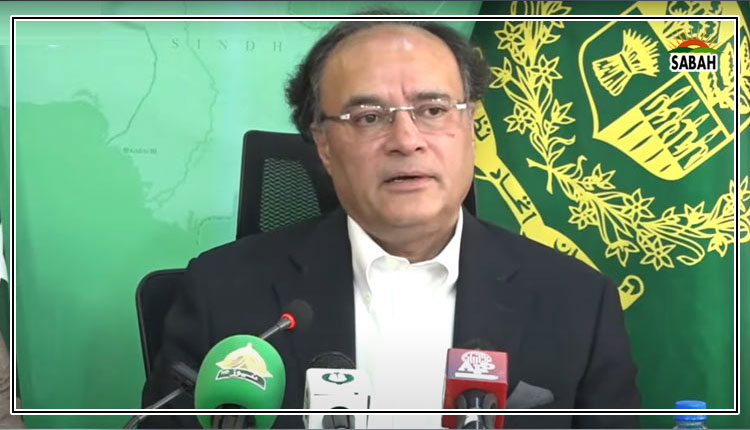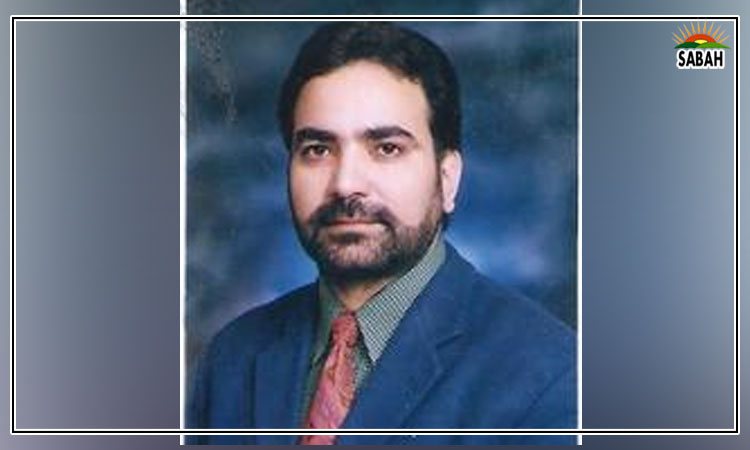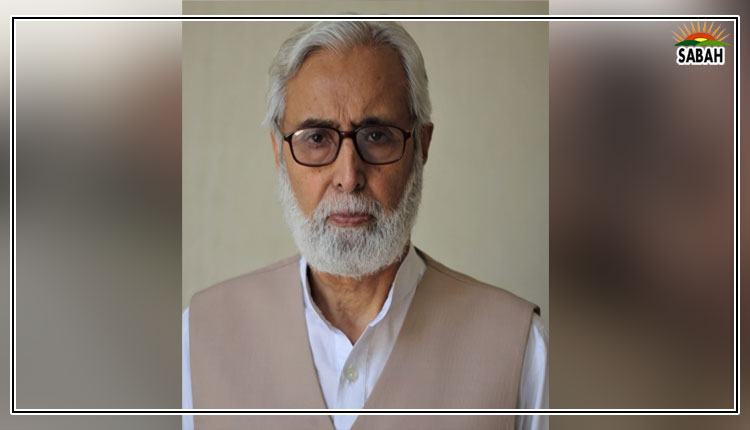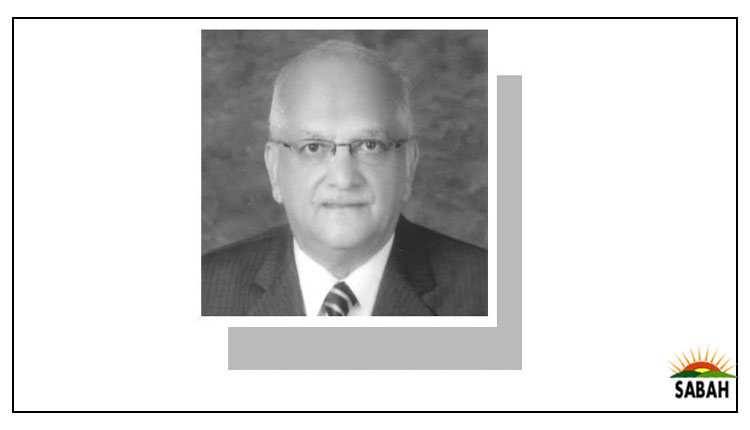Higher education in distress..Nadeem Iqbal
The disqualification of now-former chief minister of Gilgit-Baltistan (GB) Khalid Khursheed by the GB Chief Court on a fake foreign degree charge has once again highlighted the Higher Education Commission’s (HEC) discretionary mechanism of issuing and withdrawing equivalence certificates of foreign degrees.
Such practices highly restrict the ‘brain gain’ needed to neutralize ‘brain drain’ in Pakistan. The former CM was removed from his office when the University of London’s degree turned fake because the HEC cancelled its equivalence letter issued in September last year. In this age of prompt international online accreditation, done within hours, the HEC took almost eight months to determine in May this year that Mr Khursheed’s degree was fake.
According to the media, the HEC letter sent to Mr Khursheed says: “This commission approached the University of London for re-verification of your LLB degree, transcript, and letter of certification provided by you in a sealed envelope to the HEC. The university has disclosed that the University of London did not issue the envelope and its contents (a copy of the degree certificate, a letter of certification and a transcript). Therefore, the HEC equivalence letter … issued to you is hereby withdrawn or cancelled.”
But the question remains why the HEC, without getting online verification from the University of London and UK Naric, gave the equivalence in the first place. Shouldn’t the HEC be held responsible for this maladministration as scores of cases of foreign degree holders are pending in the HEC because of its vague discretionary policy?
In Pakistan, no person with a foreign degree can pursue further studies, get a public-sector job, or hold a public office without an HEC equivalence certificate. This gives the HEC immense power equal to that of an investigating agency. The institution follows a cumbersome process spread over many months requiring foreign degree holders – who spend millions of rupees to earn the degree – to produce passport pages proving that they travelled to a foreign country for study. Going beyond its mandate of regulating higher education, it also requires an applicant to produce testimonials up to matric, and in the case of Cambridge GCE O or A Levels, it requires producing an equivalence letter issued by the Inter-Board Coordination Commission (IBCC).
An HEC notification dated July 22, 2022 explicitly states that foreign degrees earned through online/distance learning/blended mode from recognized foreign institutions are also eligible for recognition and attestation as per the following policy: “The university/degree awarding institution is present in the directories published by Unesco or is chartered/accredited in its country of origin.” But the HEC does not follow this policy in letter and spirit.
In one such case, a student who graduated online from a UK university during Covid-19 when there were travel restrictions could not get an equivalence certificate from the HEC to date despite the university’s name being on Unesco’s directory and the fact that the awarding university and UK NARIC have verified the degree. The student has also approached the prime minister’s citizen portal, but nothing has happened.
Now the student who has passed the admission tests of multiple top universities in Pakistan to pursue further studies in MA has been declined admission by these universities because of not having an HEC equivalence certificate. However, he has received admission offers from universities around the world. The HEC’s attitude has forced the student to take the expensive route of securing admission in a foreign country or approaching higher courts.
Although there has been a hue and cry on brain drain, there are no statistics on brain gain when students from Pakistan pursue their future career pathways in Pakistan after gaining a foreign qualification. The HEC’s latest annual report for 2020-21 says that it has processed 4,928 cases of foreign degree equivalence, but it does not tell how many applied for the equivalence, how many were rejected, the reasons for the rejection and, most important of all, how much time it takes to issue an equivalence letter. The number of foreign degree holders is relatively meagre compared to the 2.8 million enrolled in 206 universities in Pakistan in 2022.
The HEC came into existence in 2002 as a result of World Bank-sponsored higher education reforms. Now the World Bank’s officials are questioning the federal government’s spending of Rs70 billion to fund the HEC despite education being a provincial subject after the 2010 constitutional devolution.
No wonder the HEC has been struggling for its constitutional existence at the federal level. The only constitutional justification is international treaties, which is the federal government’s domain.
Here again, the HEC has no footprint as Pakistan has not yet adopted the ‘Global Convention on the Recognition of Qualifications concerning Higher Education’. The convention complements the five Unesco regional conventions on recognizing higher education qualifications. Pakistan is not a party to any of the regional conventions. According to Unesco, out of 235 million students worldwide, 6.0 million are studying abroad, up from 2.0 million in 2000. More than half of the 6.0 million are studying outside their region.
Therefore, to create a global framework, in 2019, the Global Convention on the Recognition of Qualifications concerning Higher Education was adopted by the 40th session of the Unesco General Conference, becoming the first UN treaty on higher education with a global scope. The convention establishes universal principles for fair, transparent, and non-discriminatory recognition of higher education qualifications and qualifications, giving access to higher education and offering avenues for further study and employment. With provisions on non-traditional learning modes, the convention also facilitates the recognition of qualifications, prior learning, and study periods earned remotely.
The Global Convention entered into force on March 5, 2023. As of 15 May 2023, 22 States have ratified it. It is still open to Unesco member states like Pakistan.
By ratifying the convention, countries commit to strengthening international cooperation in higher education, raising its quality at home and worldwide, and helping in making academic mobility and the recognition of qualifications a reality for millions worldwide.
The writer is a freelance contributor. He can be reached at: nadympak@hotmail.com
Courtesy The News












